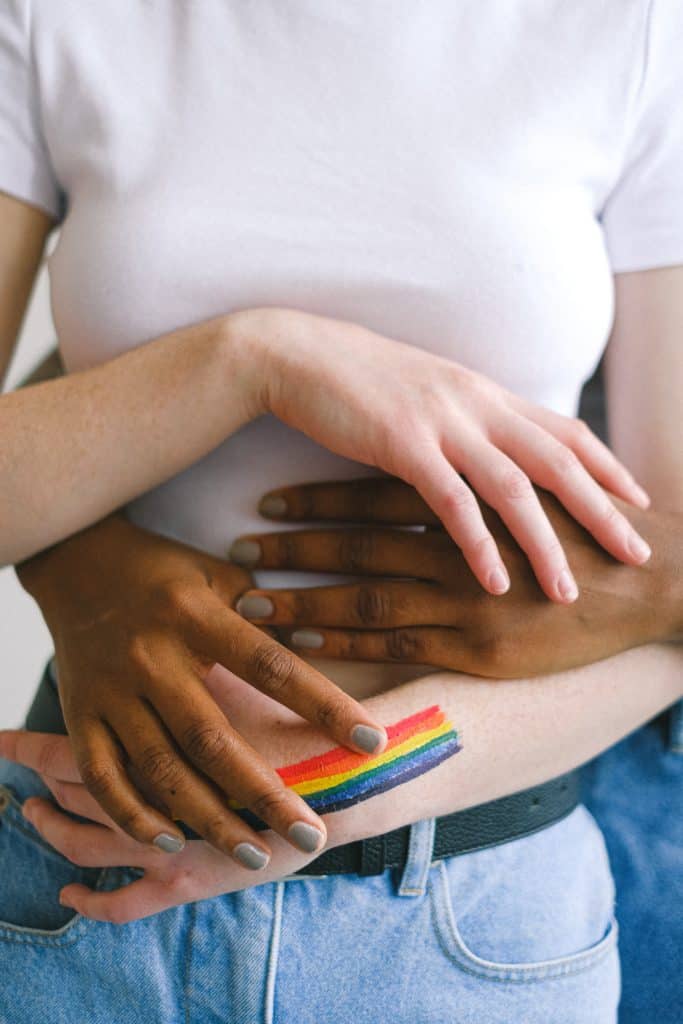Earlier this month, on the four year anniversary of the fatal Pulse nightclub shooting, President Trump announced a new rollback on the patient protections for members of the LGBTQ+ community that the Obama Administration implemented in 2016. Protection for individuals identifying as transgender were heightened by the Affordable Care Act’s Section 1557, which redefined sexual discrimination to include gender identity. Amid a pandemic, the Trump Administration’s decision makes it harder for LGBTQ+ individuals to gain equal access to healthcare by allowing health professionals to discriminate against them.
LGBTQ+ individuals face a growing range of health inequities when age, race and ethnicity are held constant. As social determinants of health, issues like financial security and fair housing play a large role in the fight for health equity. This month, the Supreme Court extended the protections of the Civil Rights Act of 1964 to LGBTQ+ employees. One of the plaintiffs in the case, Gerald Bostock, lost his medical insurance after being fired for his sexuality. Bostock was recovering from prostate cancer.
The LGBTQ+ community faced health disparities long before President Trump’s announcement and COVID-19. Social stigmas against sexual minorities have led to higher rates of mental illness, violence victimization and fear of discrimination by health professionals. A survey conducted by National Public Radio (NPR) found that 57% of LGBTQ+ respondents experienced homophobic slurs. Additionally, 50% said they or an LGBTQ+ friend or family member were threatened, non-sexually harassed or sexually harassed, and experienced other forms of discrimination because of their identity.
Further rejection from family members leads to higher incidences of mental illness among the community. Compared to their cisgender counterparts, LGBTQ+ individuals are at higher risk of anxiety, depression and substance abuse. A nationwide study by the National Center for Transgender Equality and National Gay and Lesbian Task Force found a high prevalence (41%) of suicide attempts among the transgender population. Adolescents who identify as a sexual minority are at particular risk of isolation and depression due to peer and family rejection. Family rejection is among the leading causes for homelessness in the LGBTQ+ youth population, comprising 40% of the homeless youth.
Because of social stigmas, social isolation and internalized homophobia, sexual minorities are more likely to participate in risky behaviors that further compromise their health. Heavy alcohol consumption was found highest among bisexual individuals when compared to their heterosexual counterparts, which accounted for 47% and 28% of the sample, respectively. A 2010 study in the American Journal of Public Health found that sexual minorities’ health was worse in 16 out of 22 health characteristics, with variability differences by orientation. On average, reporting indicates higher risk of chronic diseases such as asthma and higher risks of certain cancers among women. In particular, LGBTQ+ individuals are at risk for sexually transmitted diseases, including HIV. Although gay and bisexual men represented only 2% of the population in 2014, they accounted for 61% of those with HIV in the United States.
Despite such prevalence of illness among the LGBTQ+ community, significant barriers to health services are still reported. In the same NPR survey highlighted earlier, 16% of respondents indicated that they have been directly discriminated against because of their sexual identity while visiting a doctor. Many other individuals are likely to postpone seeking medical care due to fear of discrimination and costs. In an assessment, The Center for American Progress found that 44% of respondents put off seeking care due to high costs.
To reduce public health disparities among sexual minorities, organizations and institutions can create initiatives that will increase the community’s connection with employers, provide financial help or housing counseling. For instance, The William Way LGBTQ Community Center in Philadelphia has programing to encourage student’s entry into the workforce, promote entrepreneurship and connect transgender individuals to supportive employers. The Los Angeles LGBTQ Center provides emergency, transitional- and independent-living housing for at-risk youth. Reducing the negative health outcomes that LGBTQ+ individuals face will only be achieved through multilateral intervention from all community stakeholders.
Roxana Ruiz is an intern with NCRC’s Special Initiatives.
Photo by Anna Shvets from Pexels



